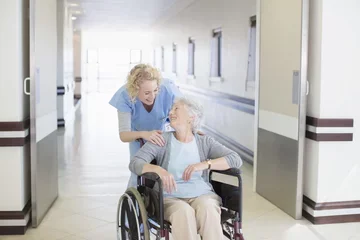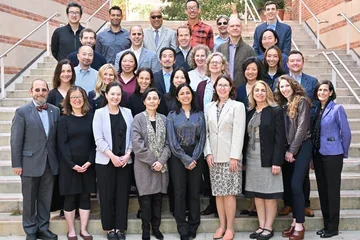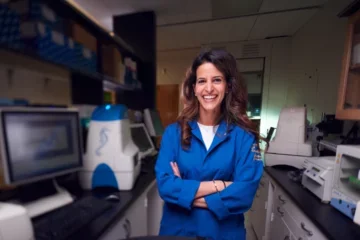With Autism Diagnosis on the Rise Who Cares for Autism Patients?
Can a Neurologist Diagnose Autism?

What Kinds of Doctors Work With Autism Patients?
Statistics from the Centers for Disease Control and Prevention (CDC), suggest doctors will likely encounter more adults and children with an autism diagnosis than ever before.
The History of Autism
When doctors first began diagnosing children with autism, many believed the disorder was caused by mothers who showed no affection to their children or mothers who were "cold" or isolating. It wasn’t until the 1960s that people began recognizing autism as an actual biological disorder. It's now understood that autism isn't related to parenting; however, researchers still don't know what actually causes it.
The number of children being diagnosed as autistic or somewhere on the autism spectrum has increased significantly since 2000, when about one in 150 children was found to be on the spectrum. This doesn't necessarily mean there are now more children with autism; perhaps, due to increasing awareness, we are more apt to make the autism diagnosis.
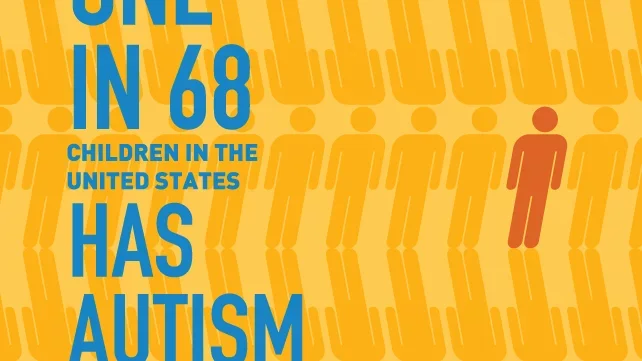
How Is Autism Diagnosed?
There are many healthcare professionals who work with people on the autism spectrum. A parent, teacher, nurse practitioner or doctor may be concerned with a child's development, leading them to refer the child for testing. At that point, a psychologist, pediatrician, primary-care physician, psychiatrist or neurologist might need to perform an evaluation.
Unfortunately, there isn't yet a test that can give a definitive diagnosis of autism or any of the disorders on the spectrum. To make a diagnosis, healthcare professionals assess the child by monitoring the developmental milestones (developmental screening) and performing a comprehensive diagnostic evaluation. If necessary, neurologists may also test the child to make sure there aren't any illnesses or conditions that could be causing developmental delays or disturbing behaviors.
Working With People Who Have Autism
Doctors who are interested in working with people who have autism can specialize in one of many fields. Pediatricians and primary-care physicians who treat children will undoubtedly see patients who have an autism diagnosis. But if your interest is to specialize in treating autism, your options include psychiatry (particularly child and adolescent psychiatry) and pediatric neurology.
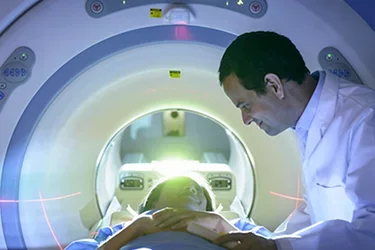
Psychiatrists: Psychiatrists who work in an environment familiar with autism can help diagnose the disorder, allowing for quicker and earlier interventions, which can help children reach their potential. It's not unusual for a child or an adult with autism to have other diagnoses, such as attention deficit hyperactivity disorder (ADHD), depression or anxiety. For these children, a psychiatrist may help manage the symptoms of these conditions with medications, psychotherapy or combination therapy.
Neurologists: Neurologists can play a role in diagnosing autism by ruling out neurological disorders that may be causing the symptoms of autism. They perform neurological testing and developmental motor tests.
Autism—its cause as well as autism treatment—is still not clearly understood. But doctors who choose to specialize in treating autism can make a tremendous difference in the lives of their patients.
